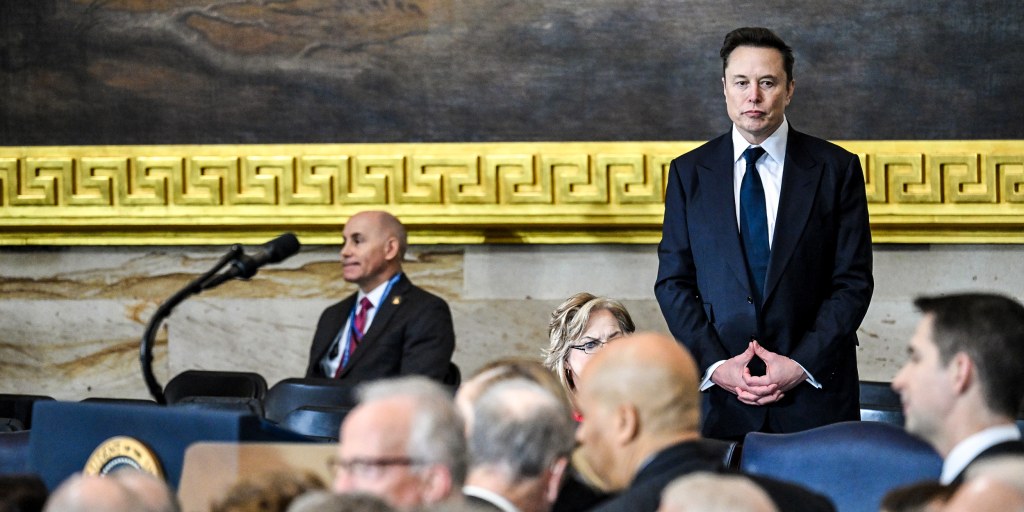Musk and Trump's Radical Move: USAID Faces Sudden Shutdown Threat

In a surprising early morning announcement on social media, Elon Musk revealed plans to shut down a foreign assistance agency, sending ripples of speculation through tech and policy circles. The unexpected declaration came directly from Musk's personal social media platform, catching many observers off guard with its abrupt nature and potential far-reaching implications.
Musk's characteristic bold approach was on full display as he outlined the proposed closure, hinting at strategic restructuring and a potential shift in organizational priorities. The announcement has already sparked intense debate about the potential consequences and underlying motivations behind this significant organizational change.
While specific details remain limited, the tech entrepreneur's statement suggests a comprehensive review and potential transformation of existing assistance frameworks. Stakeholders and industry experts are now eagerly awaiting further clarification on the exact scope and timeline of the proposed agency closure.

